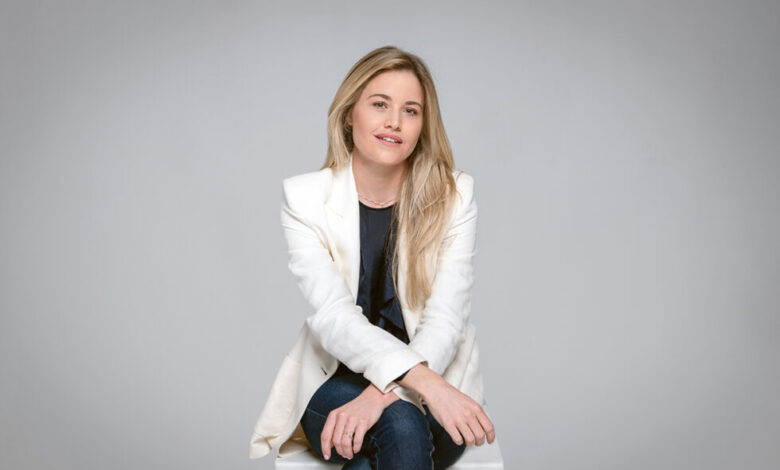How Junior Think Tanks Is Assisting Young Learners In Acquiring New Skills

How Junior Think Tanks Is Assisting Young Learners In Acquiring New Skills. Junior Think Tanks is an Afterschool Skills Developments Program for young learners aged between 5 and 14. It takes students through lessons that bring to life concepts such as Design Thinking, Problem Solving and other concepts that fall under the umbrella of Entrepreneurship. By combining fun activities and African characters into its teaching, it is helping learners relate and in turn understand concepts better.
With the help of Joy, Kundiso, Ashton and Tino, learners go through a gamified learning process of Entrepreneurship essentials like Design Thinking, Idea Generation, Market Research and Business Modelling. Once learners go through the Entrepreneurship Program, they can select what skills they would like to learn from the company’s wide range of elective courses such as Coding, Robotics, Fashion Design, Animation, Storytelling and Engineering.
At its holiday camps, learners meet experienced facilitators who take them through Entrepreneurship and Skills Development. Junior Thinks Tanks’ holistic approach to learning ensures that learners develop a growth mindset and can tackle various challenges. Its vision for Junior Think Tanks is to educate all children, regardless of their background.
After-school activities, also known as after-school programs or after-school care, started mainly just as supervision of students after the final school bell. Today, after-school programs do much more. There is a focus on helping students with school work but can be beneficial to students in other ways. An after-school program, today, will not limit its focus on academics but with a holistic sense of helping the student population.
An after-school activity is any organised program that youth or adult learners voluntary can participate in outside of the traditional school day. Some programs are run by a primary or secondary school, while others are run by externally funded non-profit or commercial organisations. After-school youth programs can occur inside a school building or elsewhere in the community, for instance at a community center, church, library, or park.




